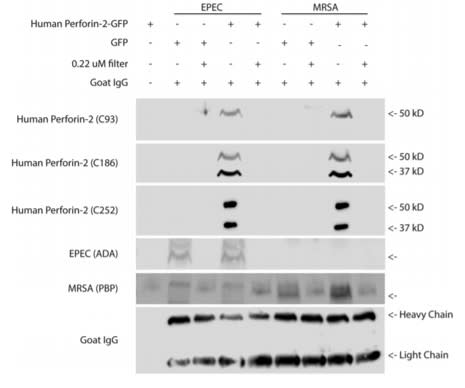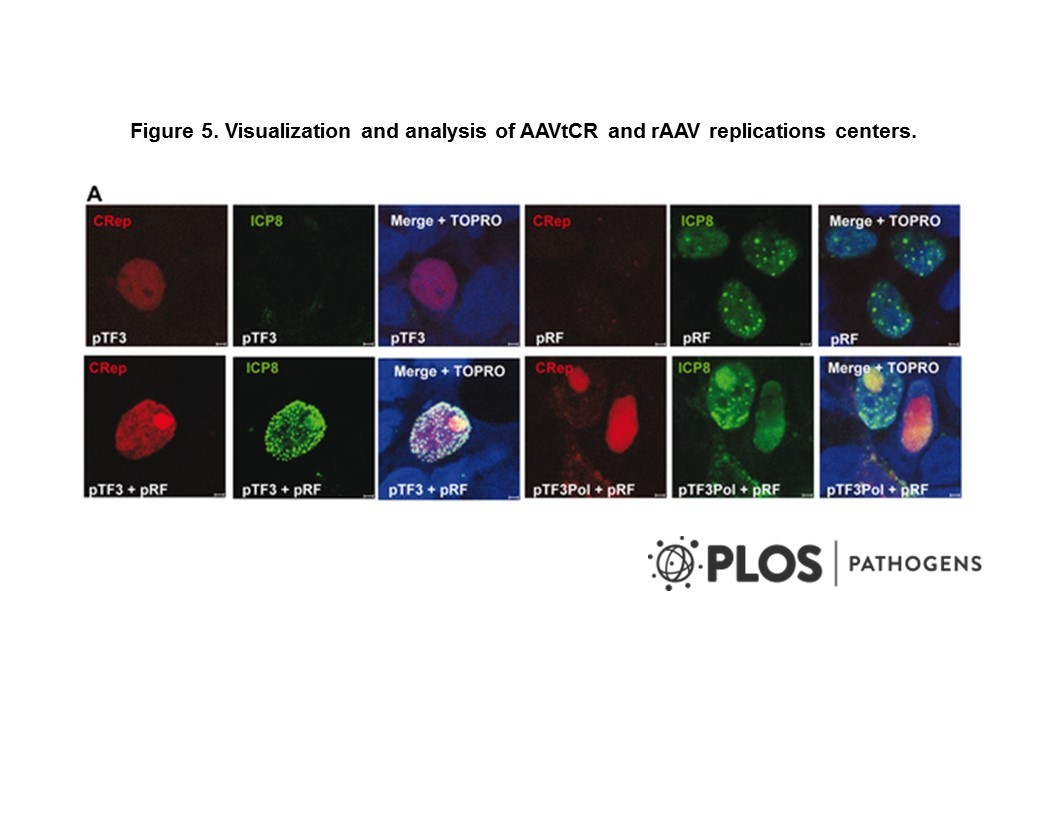Cat. #151072
Anti-ADA [ADA-1]
Cat. #: 151072
Sub-type: Primary antibody
Unit size: 100 ug
Availability: 1-2 weeks
Target: ADA protein
Class: Monoclonal
Application: WB ; IHC ; IP ; RIA ; WB
Reactivity: E.coli
Host: Mouse
£300.00
This fee is applicable only for non-profit organisations. If you are a for-profit organisation or a researcher working on commercially-sponsored academic research, you will need to contact our licensing team for a commercial use license.
Contributor
Inventor: Julian Gannon
Institute: Cancer Research UK, London Research Institute: Clare Hall Laboratories
Tool Details
*FOR RESEARCH USE ONLY
- Name: Anti-ADA [ADA-1]
- Clone: ADA-1
- Tool type ecom: Antibodies
- Tool sub type: Primary antibody
- Class: Monoclonal
- Conjugation: Unconjugated
- Strain: Balb/c
- Reactivity: E.coli
- Host: Mouse
- Application: WB ; IHC ; IP ; RIA ; WB
- Description: Ada is an O6-methylguanine DNA methyltransferase that protects against DNA alkylation by the repair of methylated bases. Ada also functions as a positive regulator of the adaptive response to DNA alkylation damage. Induction of the Ada protein is a sign of environmentally caused mutagenesis in bacteria.
- Immunogen: ADA protein
- Isotype: IgG1 kappa
- Myeloma used: Sp2/0-Ag14
Target Details
- Target: ADA protein
- Target background: Ada is an O6-methylguanine DNA methyltransferase that protects against DNA alkylation by the repair of methylated bases. Ada also functions as a positive regulator of the adaptive response to DNA alkylation damage. Induction of the Ada protein is a sign of environmentally caused mutagenesis in bacteria.
Applications
- Application: WB ; IHC ; IP ; RIA ; WB
Handling
- Format: Liquid
- Concentration: 1 mg/ml
- Unit size: 100 ug
- Storage buffer: PBS with 0.02% azide
- Storage conditions: -15° C to -25° C
- Shipping conditions: Shipping at 4° C
References
- McCormack et al. 2015. Elife. 4:. PMID: 26402460.
- Vaughan et al. 1991. Carcinogenesis. 12(2):263-8. PMID: 1995192.
- Environmental mutagens that induce the adaptive response to alkylating agents in Escherichia coli.





